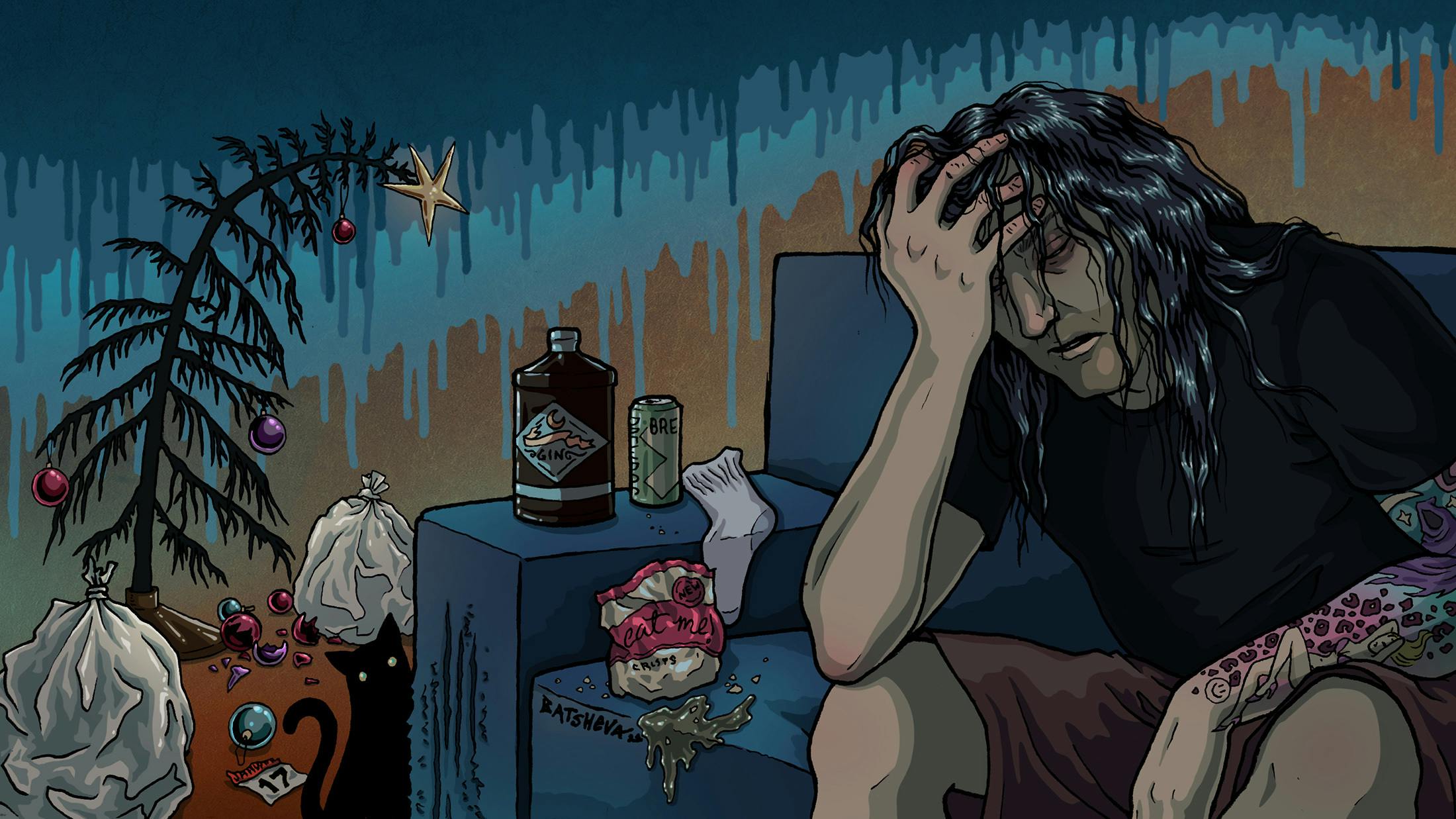But Ruth does note that there are a number of reasons why we can’t seem to shake off the winter blues. Firstly the dismal weather and seasonal affective disorder, but it’s also the time spent with our families over the Christmas period that can prove challenging. “Adverse Childhood Experiences [ACES] being formative traumas for so many us, going back ‘home’ for Christmas, or seeing family, can be incredibly triggering,” she says. And the hangover of all the invasive questions and critiques from family and friends can slip into January.
“Setting healthy boundaries with toxic or unhealthy people in our lives is paramount, as well as giving ourselves the space to emotionally recharge throughout January with activities that nourish you,” she advises.
All of this pressure coming from multiple directions can lead us into slipping into “unhealthy coping strategies” as a way to self-soothe or detach, Ruth adds.
“From excessive screen time and doomscrolling, to alcohol, drugs, excessive shopping, exercise, or working, disordered eating behaviours, and any risky behaviours, take time to note if you are slipping into an unhelpful way of coping, whether you need a little support to get through the month, and what you can do to help support yourself.”
So, even though Blue Monday is pseudoscience, it doesn’t mean we can’t use this time of year as an opportunity to check in with ourselves, recalibrate and most importantly be kind to ourselves.
“As with everything, this too shall pass, but we want to be feeling like our most content selves when we come out the other side.”
Read last month's mental health column about seasonal affective disorder.
